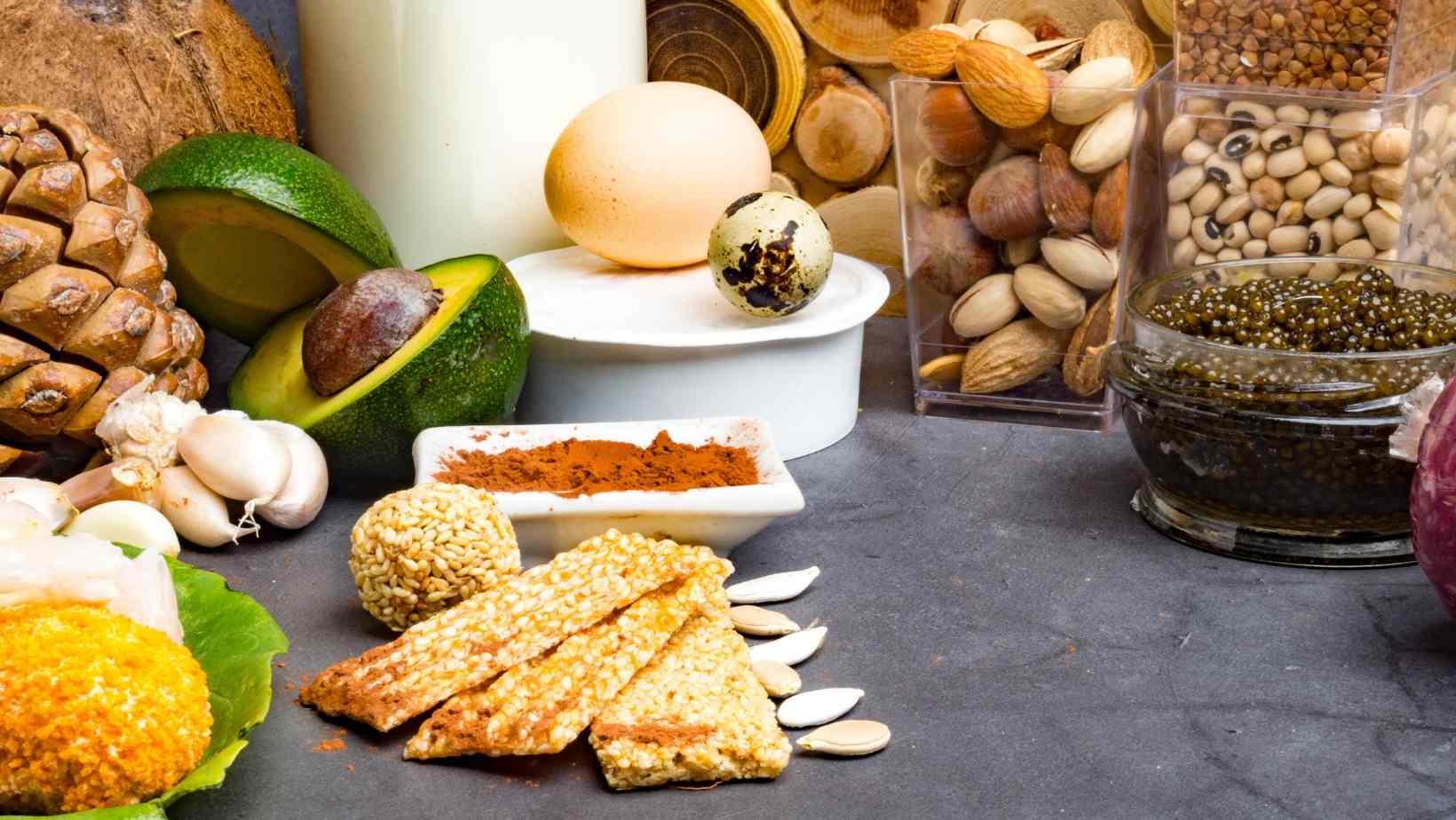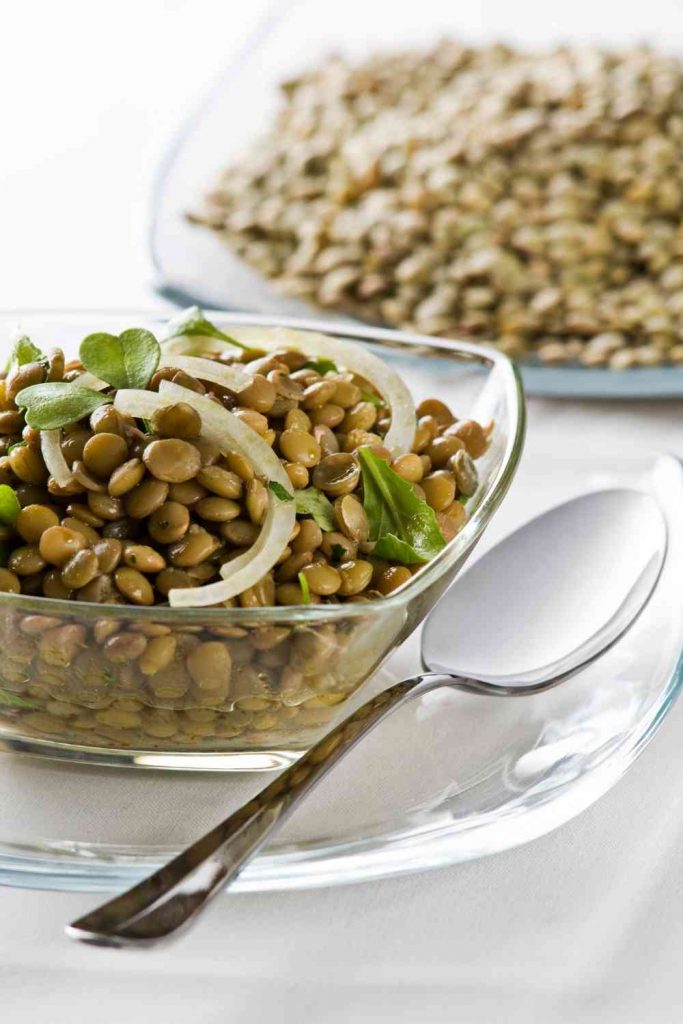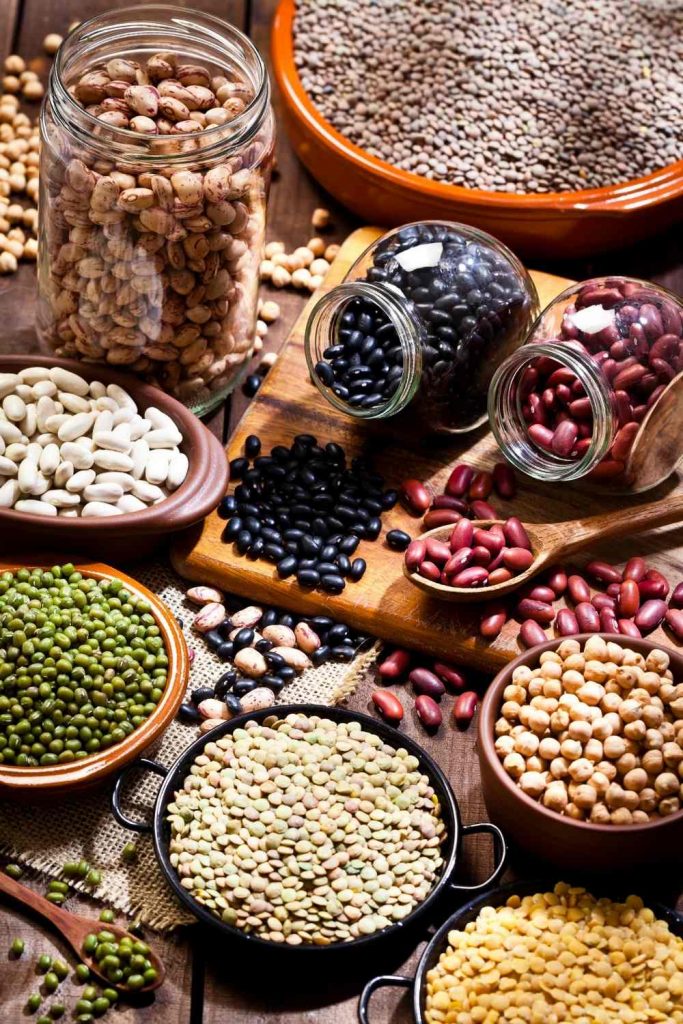Following the recent resurgence of COVID-19 cases, individuals are becoming more aware of the need for proper nutrition. Their focus is being drawn away from this to the topic of naturally growing immunity. It is beneficial to maintain your health by increasing your immunity, but vitamin C is not the only weapon in this battle. Zinc is also necessary for maintaining and enhancing your immunity, as well as for keeping you healthy.
Zinc is a trace mineral that is required for the proper functioning of several bodily activities. It may be found in the body's strong muscles, the skin, the pancreas, the liver, and the kidney. Because of its interaction with T cells, zinc is necessary for maintaining a healthy immune system in humans (a major component in your immune system). Also essential for over 300 enzymes in the body, it plays a role in protein synthesis, wound healing, and DNA synthesis. It is also important for a healthy sense of taste and smell to function properly.

Despite the fact that zinc is only required in trace amounts, it is essential for the correct growth of the body. Because your body does not store zinc, it is typical to have a zinc shortage; thus, you must ensure that you are getting enough zinc via your regular diet. Reduced zinc levels may result in diarrhea, stunted development, hair loss, eye and skin lesions, loss of libido, and decreased immunity, among other symptoms.
Zinc intake recommended on a daily basis
In order to maintain excellent health, just a minimal quantity of zinc is required. According to the National Institutes of Health, the recommended daily limit of zinc for women is 8 mg and for males, it is 11 mg. The recommended daily zinc intake for pregnant women is 11 mg, while the recommended daily intake for lactating women is 12 mg.
The best zinc-rich nuts and seeds for vegetarians are found here
Animal diets are often regarded as the most nutritious source of zinc. As a result of the limited number of plant-based sources of zinc available, vegetarians are more prone than non-vegetarians to be deficient in this essential mineral. Vegetarians, on the other hand, may benefit from some of the greatest plant-based sources of zinc available — including
Jump to:
1: Chickpeas
Chickpeas are a legume that Indians often use in their dishes. Chickpeas are the finest source of zinc if you are trying to meet your zinc requirements without consuming animal products. Cooked chickpeas are abundant in fiber and protein, and one cup of cooked chickpeas includes 2.5 milligrams of zinc. Chickpeas may be used in a variety of dishes, including curries, salads, and snacks.
2: Lentils
Zinc is found in the greatest quantity in lentils. Aside from that, they are low in fat and calories, and they include critical nutrients such as protein and fibre. Almost 4.7 milligrams of zinc may be found in a cup of cooked lentils. Curries are a great way to include them in your daily meals.

3: Pumpkin seeds
Pumpkin seeds are quite adaptable and may be included in a variety of dishes. Additionally, one handful of pumpkin seeds contains 2.2 milligrams of zinc and 8.5 milligrams of plant-based protein. According to recent research, consuming a diet high in pumpkin seeds may lower the chance of developing cancer.
4: Watermelon seeds
Don't toss the seeds away while you're drinking fresh watermelon juice. Unbeknownst to many, watermelon seeds are a very healthy food source, including zinc and other minerals. The zinc content of a handful of watermelon seeds is 4 milligrams per handful. You may dry them and consume them as a snack on a regular basis. These seeds help to boost immunity and maintain your heart in good shape.
5: Hemp seeds
Hemp seeds include a high concentration of unsaturated lipids and zinc. Zinc is present in three tablespoons of hemp seed at a concentration of three milligrams. Hemp seeds are also high in the amino acid arginine, which has been shown to lower the risk of heart disease in those who consume them. Try sprinkling them over yogurt or salads for a different flavor.
6: Beans
Beans, particularly kidney and black beans, are a good source of zinc, as are other legumes. The soluble and insoluble fiber, proteins, iron, phosphorus, and calcium included in these beans help to promote general health as well as gastrointestinal health. Two milligrams of zinc are found in a cup of cooked black beans, while one milligram of zinc is found in a half cup of cooked kidney beans.

7: Cashew
Cashews are a wonderful source of natural, plant-based zinc and are available in a variety of flavors. They contain around 1.5 mg of zinc, whether they are consumed raw or roasted. They are high in vitamin A, vitamin K, copper, folate, and good-for-you unsaturated fats, among other nutrients. Eating cashews may lower the chance of developing heart disease and support good cholesterol levels in the body.




